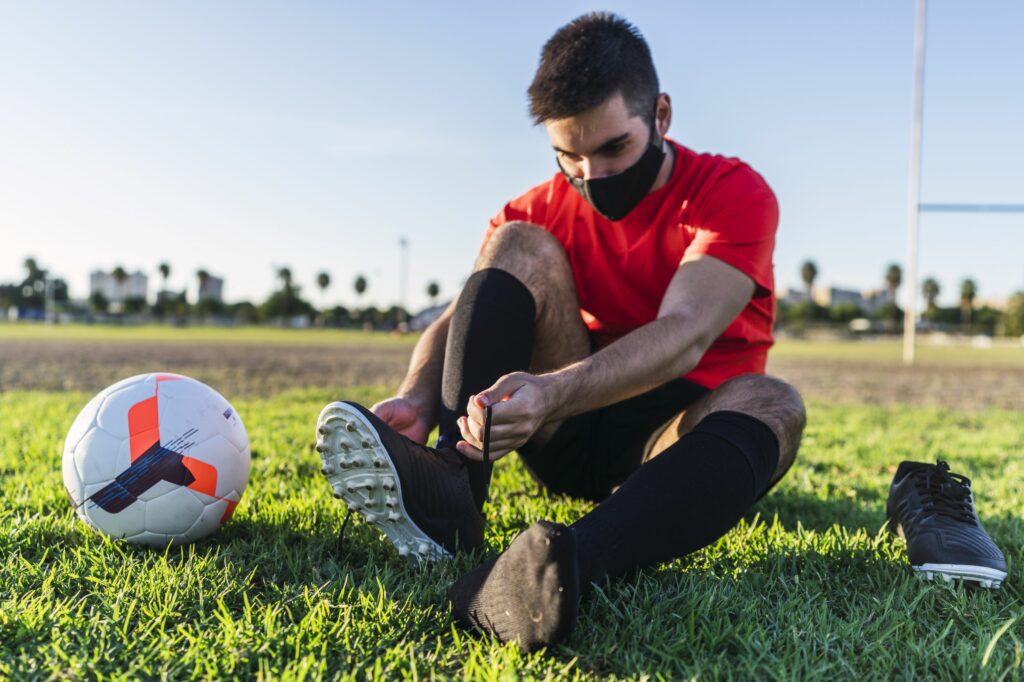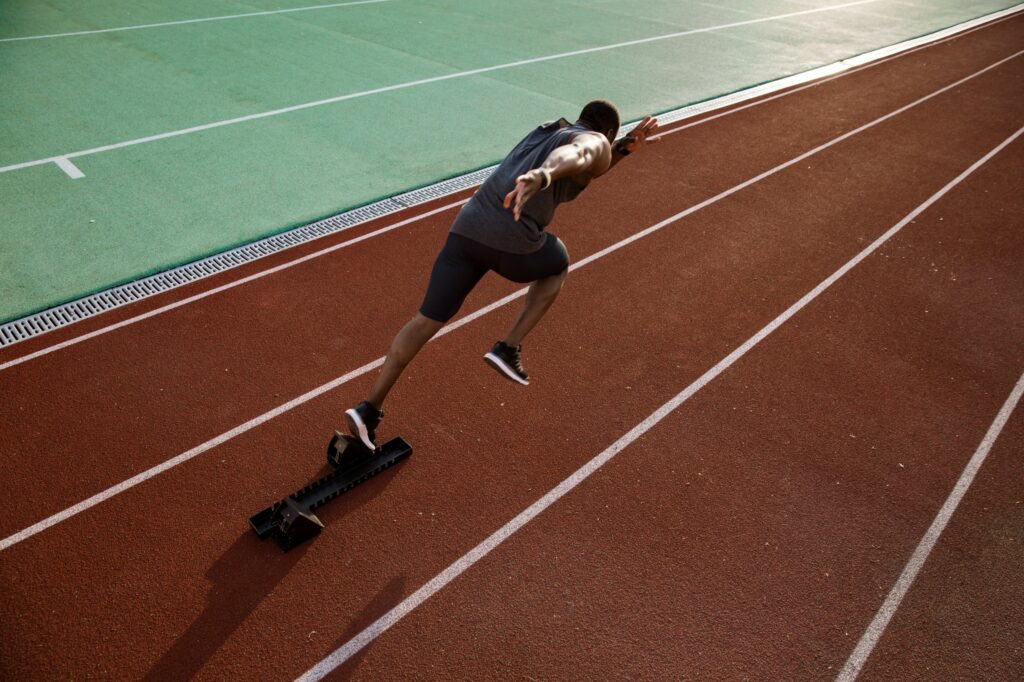New and expecting mothers
The COVID-19 pandemic has had a significant impact on the mental health and physical activity levels of new and expecting mothers. Finding ways to stay active during the pandemic (e.g., going for walks or participating in online fitness classes) can reduce mothers’ feelings of depression and anxiety, benefitting both mom and baby.
World Juniors
“Until we had gold medals awarded on January 5th, I think we always felt there was a little bit of risk that we weren’t going make it through.” Read how Hockey Canada collaborated with federal, provincial, and local health authorities and implemented compliance officers to successfully host the International Ice Hockey Federation (IIHF) World Junior…
LGBTQI2S inclusion
The effects of COVID-19 are significantly impacting the physical and mental health of the LGBTQI2S community. For sport organizations, participating in LGBTQI2S inclusive training opportunities, using gender-neutral language in policies and communications, and creating sanctions for anti-LGBTQI2S behaviour are just a few ways to be more inclusive of LGBTQI2S people and communities both now and when we return…
Impact of COVID-19 on athlete education
Athletes often plan to re-engage in educational pursuits the year after the Games, which is often less busy. With the postponement of the 2020 Tokyo Games, an analysis of comments from 74 national team athletes in a Game Plan survey revealed 39% had to refuse or defer admissions to focus on training.
Exercise & COVID-19
Did you know that adults who meet the recommended physical activity guidelines may be at a lower risk of suffering from hospitalization and death due to COVID-19? Socially-distanced activities, such as a walk or bike ride, are a great way to keep active during public health restrictions.
Team Canada logistics for Tokyo
The master project plan for an event like the Summer Olympic or Paralympic Games is approximately 20,000 lines long. The postponement of the Tokyo Games has provided the Canadian Olympic Committee and Canadian Paralympic Committee the opportunity to review, evaluate, and refine their policies and practices. These enhancements will ultimately benefit Canadian athletes and their…
Parenting stress
With the closure of schools and daycares to limit the spread of COVID-19, many parents are experiencing increased levels of parenting-related stress. Moderate intensity physical activity (e.g., cycling at a steady pace) can help to reduce parenting stress and improve the quality of life for mothers who may be struggling to balance work and family…
Unprecedented times call for unprecedented sport events: Competition During COVID-19

Highlights Teddy Katz, a former award-winning sports journalist and the founder of communications company, Think Redefined Inc., sat down with Canadian sport leaders for SIRC to hear some of the valuable lessons they learned hosting safe events during the pandemic. The crisis led to some of the biggest challenges in their history for these sport leaders, but it also led to some innovative new ways of thinking that…
Can you hear me now? The emergence of the athlete voice in Canadian Sport

This article is the third and final piece in a special series that explores how Canadian sport leaders are adapting and innovating to safeguard the well-being of athletes preparing for the Tokyo Olympic and Paralympic Games and other major games during a global pandemic. Don’t miss the first and second articles in the series! Highlights…
Spring 2021 SIRCuit
The Spring 2021 SIRCuit is now available! Spring is in the air and summer is on the horizon—and while the COVID-19 pandemic rages on in many parts of the world (including here in Canada), sports enthusiasts are eagerly awaiting the arrival of the Tokyo Olympic and Paralympic Games. Looking ahead, this edition of the SIRCuit tells compelling stories about how athletes and sport organizations have adapted and thrived in the…